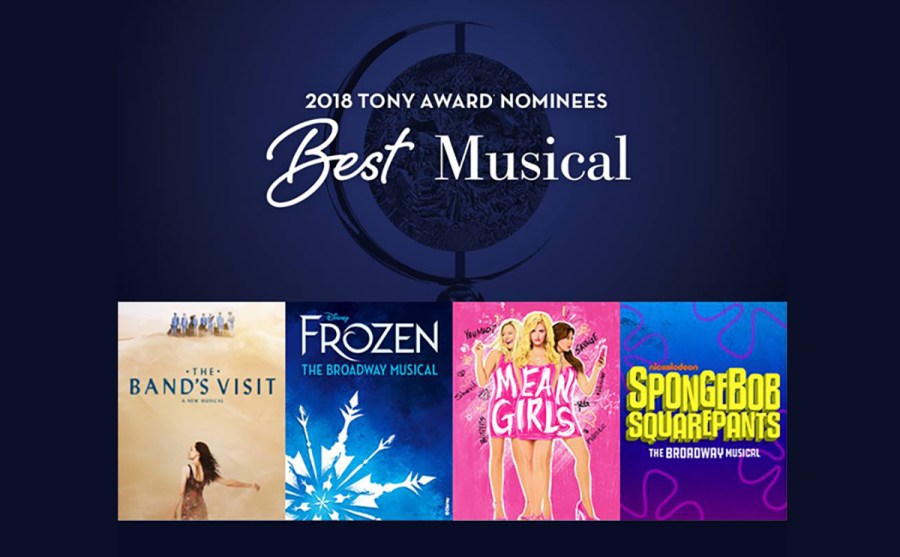In yesterday’s defense of movie-turned-musicals, I focused almost exclusively on analyzing this macro trend, rarely touching upon any specific micro examples.
I mentioned delving into the quality of individual adaptations as the plight of all critics evaluating them, but I refrained from making generalizations about their quality because, again, such generalities are dictated by every iteration, which can thus change with every subsequent entry. But since so many translations have flooded the boards by now, some lessons can of course be gleaned at this point.
Lest anyone accuse me of being a homer for all things Broadway, I’ll start by joining the ranks of those who disparage certain types of these celluloid properties: I understand and even share the scorn people direct at plays adapted from movies. If all new material should be judged on what they accomplish that’s new, then plays based on movies have an inherent uphill battle. Unlike with plays based on novels — the origins of most stage adaptations throughout history — the translators need not figure out how to condense hundreds or perhaps thousands of pages into a few hours. They still need to think of ways to transport a story and how it’s told from the screen to the stage, but the general narrative structure is almost always intact.
Barring radical alterations and/or ingenious utilizations of distinct theatricality only available through live storytelling, these plays can of course feel like mindless rehashes of shit we’ve already seen.
The same cannot be said of musicals; the very name of the genre indicates what they add to the originals: music! Sure, for the same reasons as the aforementioned playwrights, composers and book-writers transforming a movie into a musical don’t have their work cut out for them as much as all those tasked back in the day with musicalizing a novel. But devising creative ways to inject a score into a story not written to include one is no small feat, and should not be looked down upon simply because it might be a smidge easier.
Of this year’s Tony nominees for Best Musical, if we’re measuring them on sheer difficulty alone, Frozen probably deserves the most derision since it was already a musical when it began its life as a movie. Next up would be A Band’s Visit and Mean Girls, which both regurgitate their respective progenitors’ 2-hour narrative structures, while inserting totally new scores. SpongeBob SquarePants had the toughest challenge: solving how to expand a 30-minute episode into a coherent and satisfying two-and-a-half hours that also captures all of the elements that make the entire TV show — comprised of multiple seasons, each comprised of an ungodly number of episodes — work.
Turning up your nose at that legitimate artistic hurdle simply because the title sounds like a joke of a franchise — instead of your personally beloved, “higher-minded” novels that have longed served as the inspirations for your favorite childhood musicals — is akin to proudly declaring you want to Make Broadway Great Again. And no one wants to be that guy.
